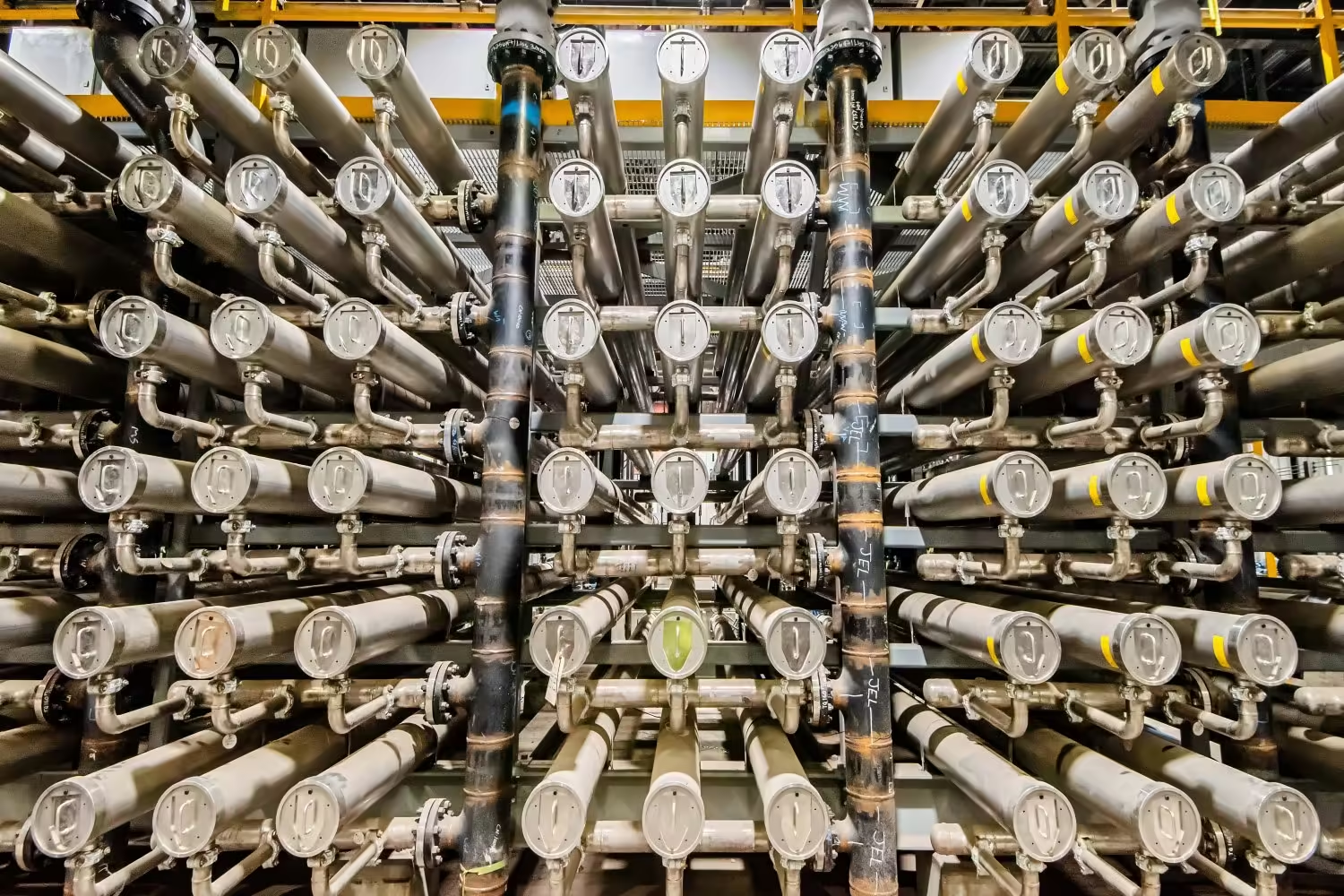The National Science Foundation (NSF) in the United States has selected MIT to lead a new Innovation Corps (I-Corps) hub. This initiative aims to support a partnership of eight New England universities committed to fostering scientific and technological entrepreneurship in the region by accelerating the translation of discoveries into new solutions that benefit society. The NSF announced the five-year cooperative agreement, which could be worth up to $15 million, today.
The NSF I-Corps Hub: New England Region is set to launch on January 1, 2025. The seven institutions initially collaborating with MIT include Brown University, Harvard University, Northeastern University, Tufts University, the University of Maine, the University of Massachusetts Amherst, and the University of New Hampshire.
Established by the NSF in 2011, the I-Corps program provides scientists and engineers from all disciplines with hands-on educational experiences to advance their research from the lab to impactful applications. There are over 50,000 STEM researchers in nearly 100 universities and medical schools across New England. Many of these institutions are located in rural and underserved areas of the region that face resource challenges in supporting deep technology application efforts. The eight institutions in the hub will offer I-Corps training while bringing unique strengths and resources to enhance a regional innovation ecosystem that broadens participation in high-tech innovation.
“Today more than ever, we need the innovative solutions that emerge from this type of collaboration to address the greatest and most insurmountable societal challenges. Our collective goal is to strengthen our regional and national innovation networks to accelerate the translation of fundamental research into commercialized technologies. MIT is eager to build on our ongoing work with the NSF to further develop the New England innovation hub,” says Cynthia Barnhart, MIT director, Abraham J. Siegel Professor of Management Science, and Professor of Operations Research, who is the principal investigator of the award.
The hub builds on 10 years of collaboration with other I-Corps sites at regional institutions and previous work from the MIT I-Corps Site program launched in 2014 and the MIT-based I-Corps Node created in 2018. Over 3,000 engineers and scientists from New England have participated in regional I-Corps programs. They have created more than 200 companies that have raised $3.5 billion in grants and investments.
“The goal of the I-Corps program is to deploy experiential education to help researchers reduce the time needed to translate promising ideas from labs to widespread implementation, which in turn impacts economic growth at regional and national levels,” said Erwin Gianchandani, NSF’s assistant director for Technology, Innovation, and Partnerships, in the NSF announcement. “Each NSF I-Corps regional hub offers essential training in entrepreneurship and customer discovery, leading to new products, startups, and jobs. In fact, we are investing in the next generation of entrepreneurs for our country.”
Shreya Dave PhD ’16, who participated in I-Corps training in 2016 with her colleagues to explore potential applications of a new graphene oxide filter technology developed through her research, is a success story of I-Corps. Based on insights from the program and gathered evidence, they transitioned from filters for desalination to applications in chemical processing and gained the confidence to launch Via Separations in 2017, focusing on the challenging technological problem of industrial decarbonization. Via Separations, co-founded by Morton and Claire Goulder, along with Jeffrey Grossman, the Morton and Claire Goulder Family Professor in Environmental Systems, Professor of Materials Science and Engineering, and Brent Keller, Chief Technology Officer, has reached commercialization and now delivers products to the pulp and paper industry.
“NSF I-Corps helped us refine our vision, determine if our technology could be used for different applications, and assess if we could manufacture our technology at scale, transitioning it from an academic project to a real commercial project,” says Dave, CEO and co-founder of Via Separations.
New England has a “highly developed ecosystem of startup resources, funders, founders, and talent,” says Roman Lubynsky, executive director of the current MIT NSF I-Corps Node, who will be the director of the new hub. “However, support for innovation and entrepreneurship has been unevenly distributed across the region. This new hub offers an exciting opportunity to collaborate with seven partner institutions to expand and further intensify this important work throughout the region.”
I-Corps hubs across the country form the backbone of the NSF National Innovation Network. This network connects universities, NSF researchers, entrepreneurs, regional communities, and federal agencies to help researchers commercialize their discoveries. Together, the hubs work to create a more inclusive and diverse innovation ecosystem, helping researchers nationwide transform their ideas into tangible solutions.



